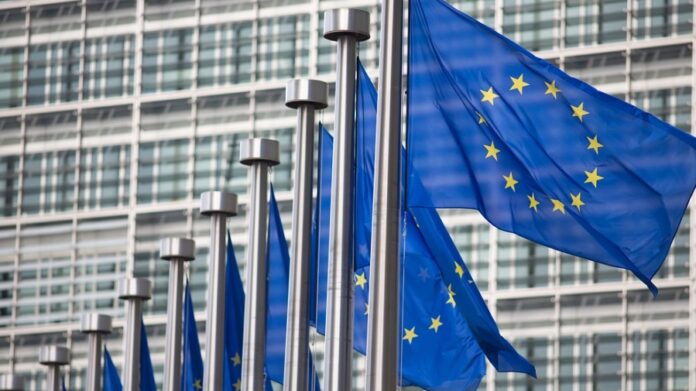The European Commission proposed a law on Wednesday aimed at preventing the import of commodities linked to deforestation by requiring companies to prove their global supply chains are not contributing to the destruction of forests, according to Reuters.
Failure to comply could result in fines of up to 4% of a company’s turnover in an EU country. The law proposed by the European Union‘s executive body sets mandatory due diligence rules for importers into the EU of soy, beef, palm oil, wood, cocoa and coffee, and some derived products including leather, chocolate and furniture.
Emissions from the land-use sector, most of which are caused by deforestation, are the second major cause of climate change after the burning of fossil fuels, and world leaders agreed at this month’s COP26 summit to end deforestation by 2030.
If the law is approved by EU governments and the European Parliament, companies operating in the 27-nation EU will have to show the commodities specified were produced in accordance with the laws of the producing country.
They will also have to show the commodities were not grown on any land deforested or degraded after December 31, 2020, even if it is legal to produce there according to producing country law.
The Commission hopes the law will be passed by 2023, with large companies given a 12-month grace period to comply and smaller ones a 24-month grace period. The Commission proposed the law be reviewed and updated regularly, making it possible to add other commodities and products.
„The EU draft anti-deforestation law represents a major leap forward in the fight to protect the world’s endangered forests,” said Nico Muzi, Europe Director of environmental group Mighty Earth.
The proposed law will require companies in the EU to collect geographic coordinates showing where commodities they buy were produced and to monitor these locations for forest loss via satellite images.


